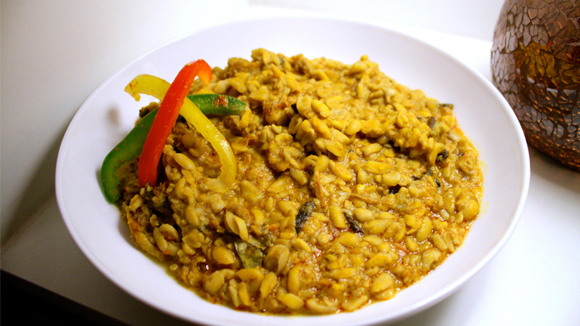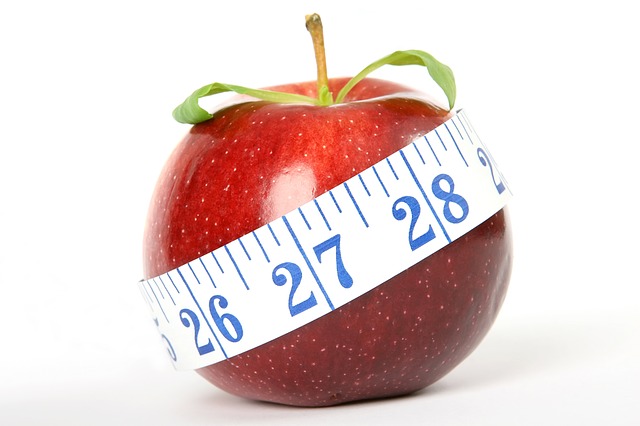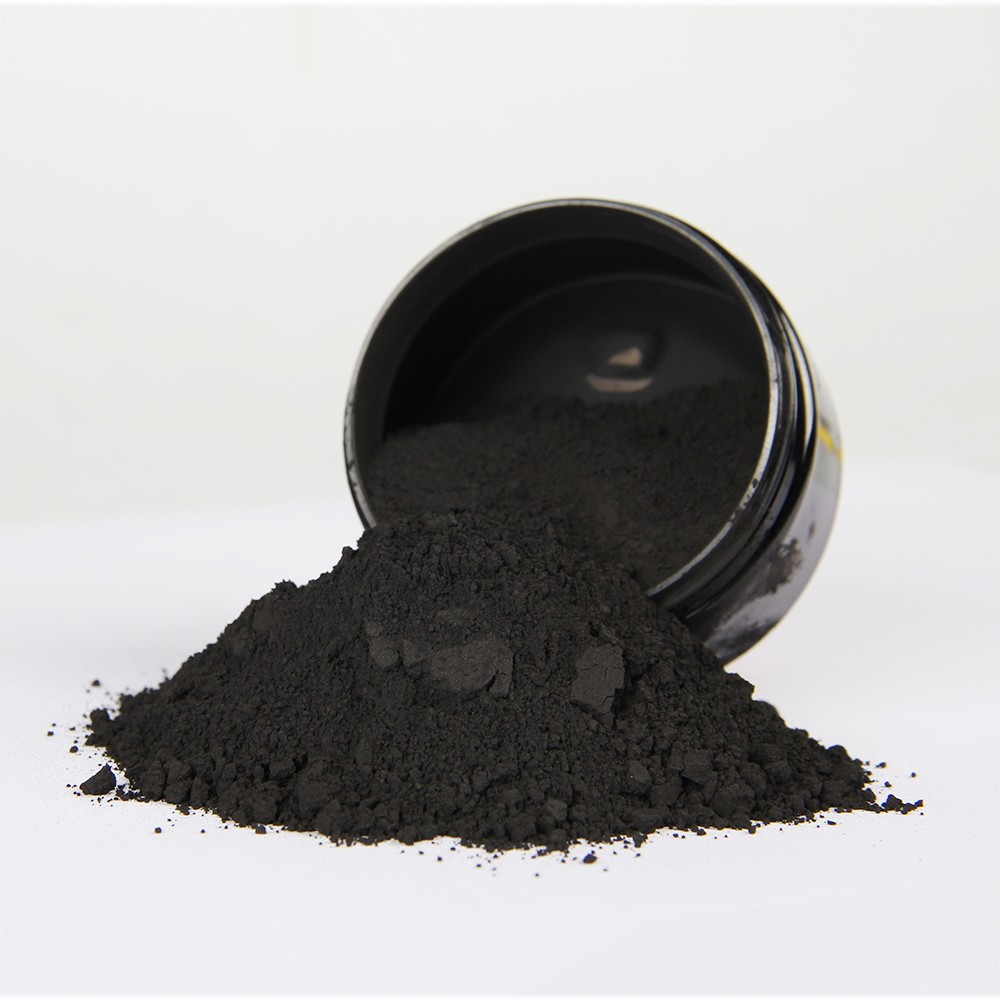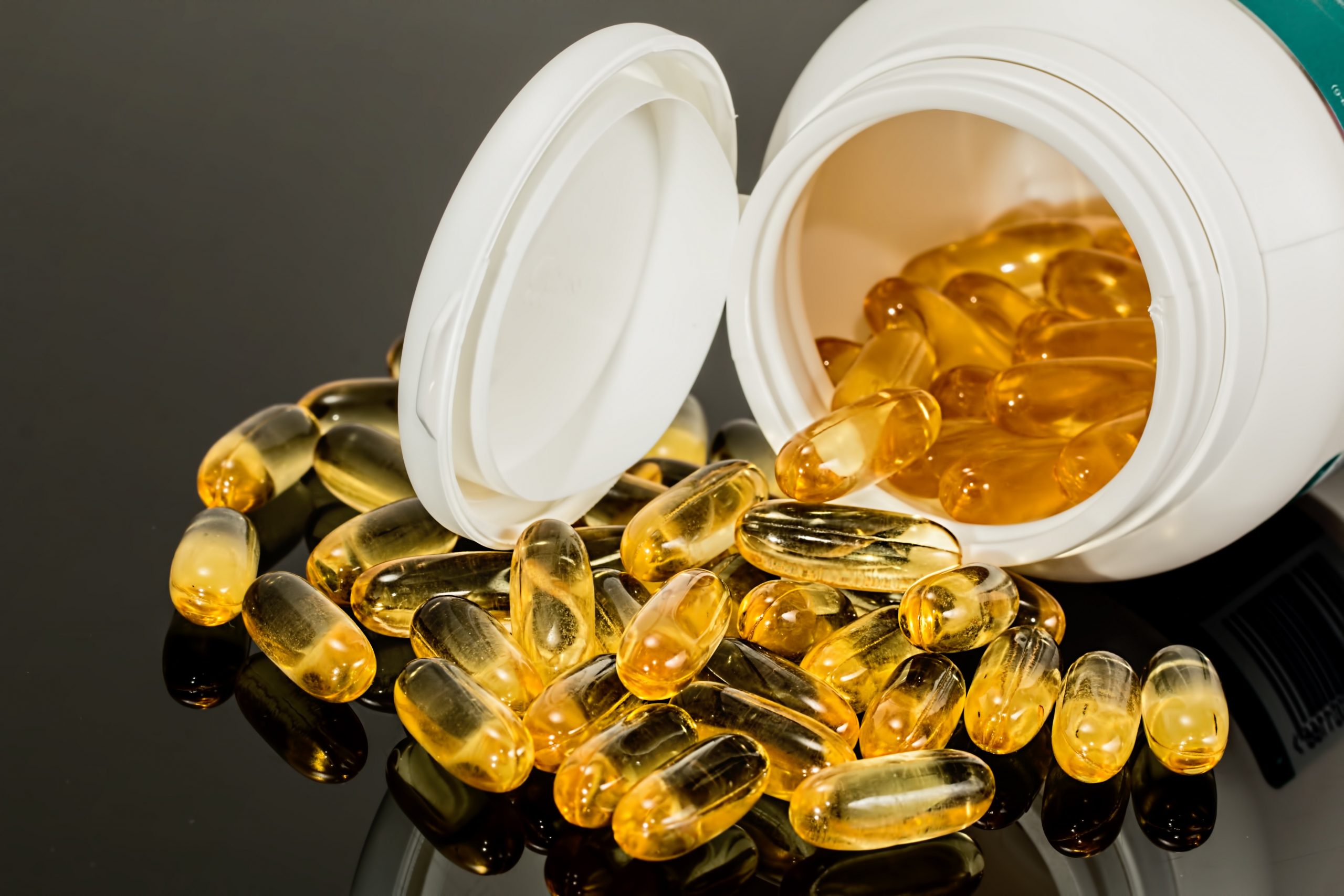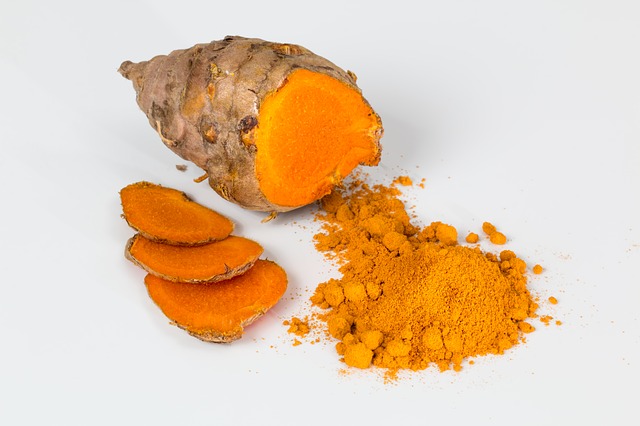African breadfruit popularly called “UKWA” is a highly nutritious meal which if added to daily food could help build the immune system. Ukwa, African breadfruit, is not a popular meal amongst non-igbos. The African breadfruit is botanically known as “ Treculia Africana”, is rich in so many nutrients and is commonly eaten by the Igbo people in southeastern Nigeria. The African breadfruit Ukwa is very much valued and appreciated due to its health benefits. According to observations, in most occasions where Ukwa is served it usually turns out to be the peoples choice, before the English and Foreign dishes. Ukwa is commonly called “Afon by the Yoruba; Ize in Benin, Jekri, Sobo in Ijaw and Ediang in Efik.
The African breadfruit, ukwa is large in size just like the popular watermelon and weighs 10 or more pounds. Ukwa (African breadfruit) is not sought after for its “meat” but for its “seeds” and to extract the seeds from the fruit, the fruits are allowed to ripen and fall from the large trees on which they grow on. The fruits are also allowed to rots and then machetes are used to cut open or sometimes even thrown on hard rocks to crack.
The native meal ukwa ,could either be roasted and eaten, or boiled to soften and prepared as porridge. Ukwa can be made into refreshing drinks, as well as cakes, snacks or cookies. Studies have shown that Ukwa African breadfruit contains essential vitamins and minerals like Beta – Carotene, Vitamins and Folic Acid. Like other delicacies, Ukwa is rich in vital B Complex groups of vitamins, Thiamine,Pyridoxine, and niacin 100g or 3.5oz serving of Ukwa is composed of 10% fat, primarily unsaturated fat ( the good fat), 12 – 15% protein, 25% carbohydrates with 2% fiber and with only about 240 kcal in this serving amount. It is a proportion for individuals with diabetes.
Ukwa- African breadfruit Seed & Tree;

The African breadfruit-Ukwa is produced by treculiar africana, a wild tropical evergreen tree which has an immense potential as a nutritional source for man. The evalution carried out on it shows the chemical and nutritional properties as a first step to realizing its food value. The seed contained 8% moisture, 12.5% crude protein,4.2% fat, 2.3% ash 1.6% fiber and 73% carbohydrate. The carbohydrate and protein contents in it were much higher than other parameters studied. Compositions of toxicants in seed where found quite low with levels ( mg/ 100 g ) of 0.06+ 0.12 treculiar africana is said to be a tree species in the genus. Treculia which can be used as a food plant and for various other traditional uses. the fruits are hard and fibrous, can be the size of a volley ball and weight up to 8.5 kilograms.
HEALTH BENEFITS OF UKWA- AFRICAN BREADFRUIT
IT IS HEART FRIENDLY
Breadfruit is an excellent source of potassium, thus making it extremely heart friendly. The nutrients in Ukwa helps in reducing blood pressure in the body and regulate the heart rate by minimizing the effects of sodium. Another thing that makes African breadfruit a good cardiovascular meal is that dietary fibers which helps reduces cholesterol by preventing its absorption in the gut. It lowers bad cholesterol ( LDL), while elevating good cholesterol ( HDL) in the body. It increases the triglyceride levels, which is one of the main causes of heart attacks.
Breadfruit contains high amounts of omega 3 and omega 6 fatty acids, which are vital for the proper development of the mind and body. Omega 3 Fatty acid is seen as one of the best fats the body needs as it helps in brain development and function, among many other things it does including contributing to the heart function and reducing inflammation.
PRODUCTION OF COLLAGEN
The African breadfruit is rich in Vitamin C which help in the production of collagen, a protein which provides elasticity to the skin. Another important thing with collagen is that it is a protein that makes 30 percent of the body and it is found in our bones and joints as well. This means any food that aids its production is a must eat.
SOURCE OF PROTEIN
Asides containing a great amount of protein, Ukwa is an excellent energy – giving food also. The African breadfruit is composed of about 10% fat primarily unsaturated fat ( the good fat ) at 12-15% protein, 25 % carbohydrates with 2% fiber. It is very beneficial for athletes and those who regularly visited the gym as a pre or post – workout meal.
PROMOTES HAIR GROWTH
The moderate amounts of iron in breadfruit improve blood circulation in the scalp, stimulating the hair follicles to promote hair growth.
TREATS DANDRUFF, ITCHINESS AND HAIR BREAKAGE
Asides promoting hair growth, Ukwa- African breadfruits also helps in reducing hair breakage.The omega 3 and 6 fatty acids in Ukwa naturally helps condition the hair, reducing hair breakage. The fatty acids present in breadfruit also regulates the sebum production in the scalp, reducing dandruff and itchiness. Ukwa- African breadfruit also inhibits scalp inflammation, and cells present in breadfruit also regulates the sebum production in the scalp, reducing dandruff and itchiness.
Another benefit of Ukwa, African breadfruit is that it iinhibits scalp inflammation and cell death, preventing hair loss even while it works on your brain health. It has been scientifically proven that the brain requires adequate amount of omega 3 and 6 fatty acids for nervous health.
All these shows the essential benefits and functions of African breadfruits,of which most importantly it is to promote the general health of the body ,since it is rich in Vitamin C. This vitamin is known to boost the immune system and ensure that the body is strong enough to fight diseases.
PRESERVATION OF UKWA (AFRICAN BREADFRUIT)
The preservation of Ukwa, African breadfruit is paramount as it helps the fruit remain fresh for usage at any time.One preservative method is that the fruit should be kept away from water so as to avoid getting it wet when not ready to use, another preservative means is the addition of red tiny pepper and sun drying.
EAT HEALTHY AND STAY WEALTHY; HEALTH IS WEALTH !!!!!!!!!!
